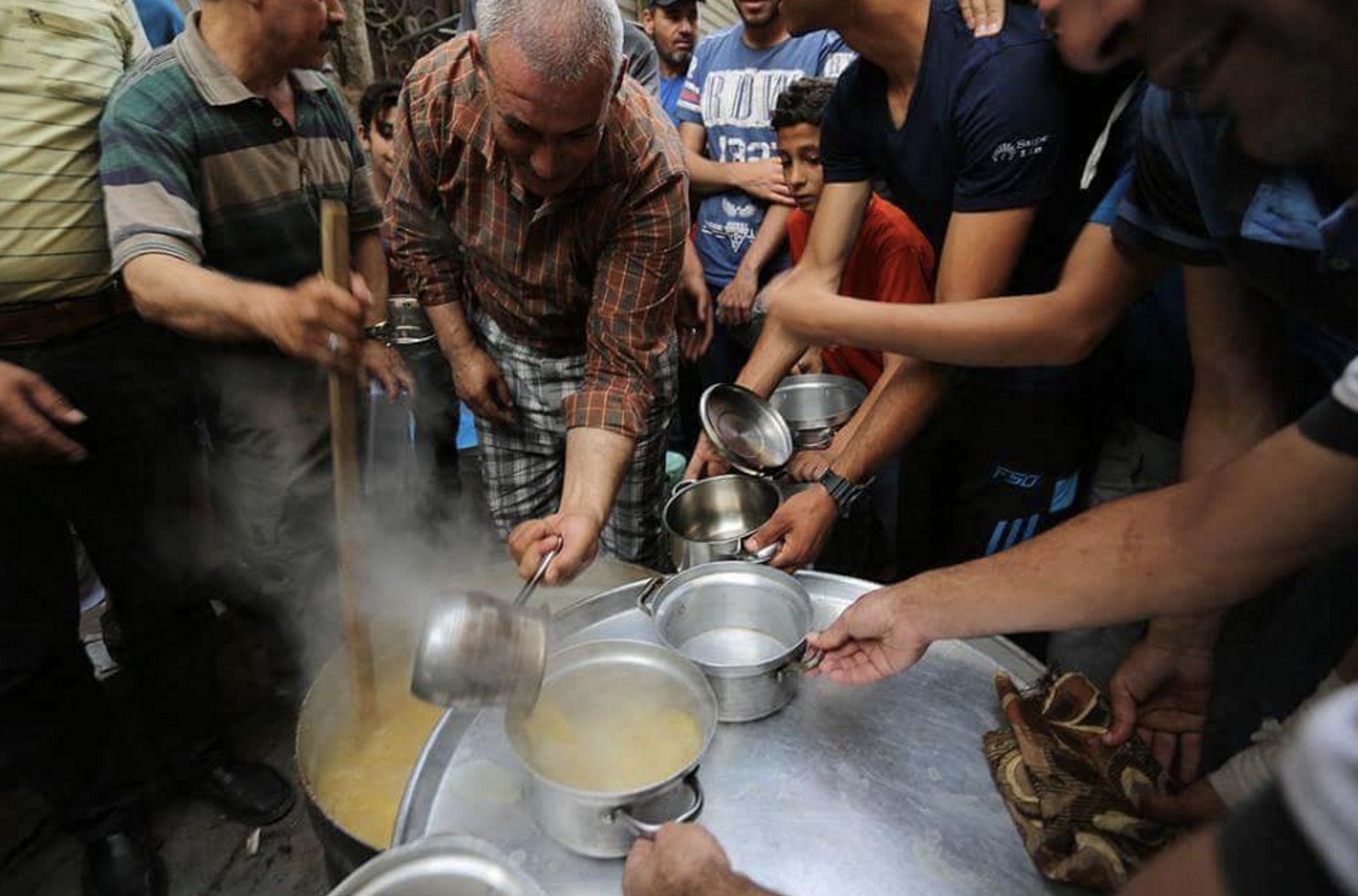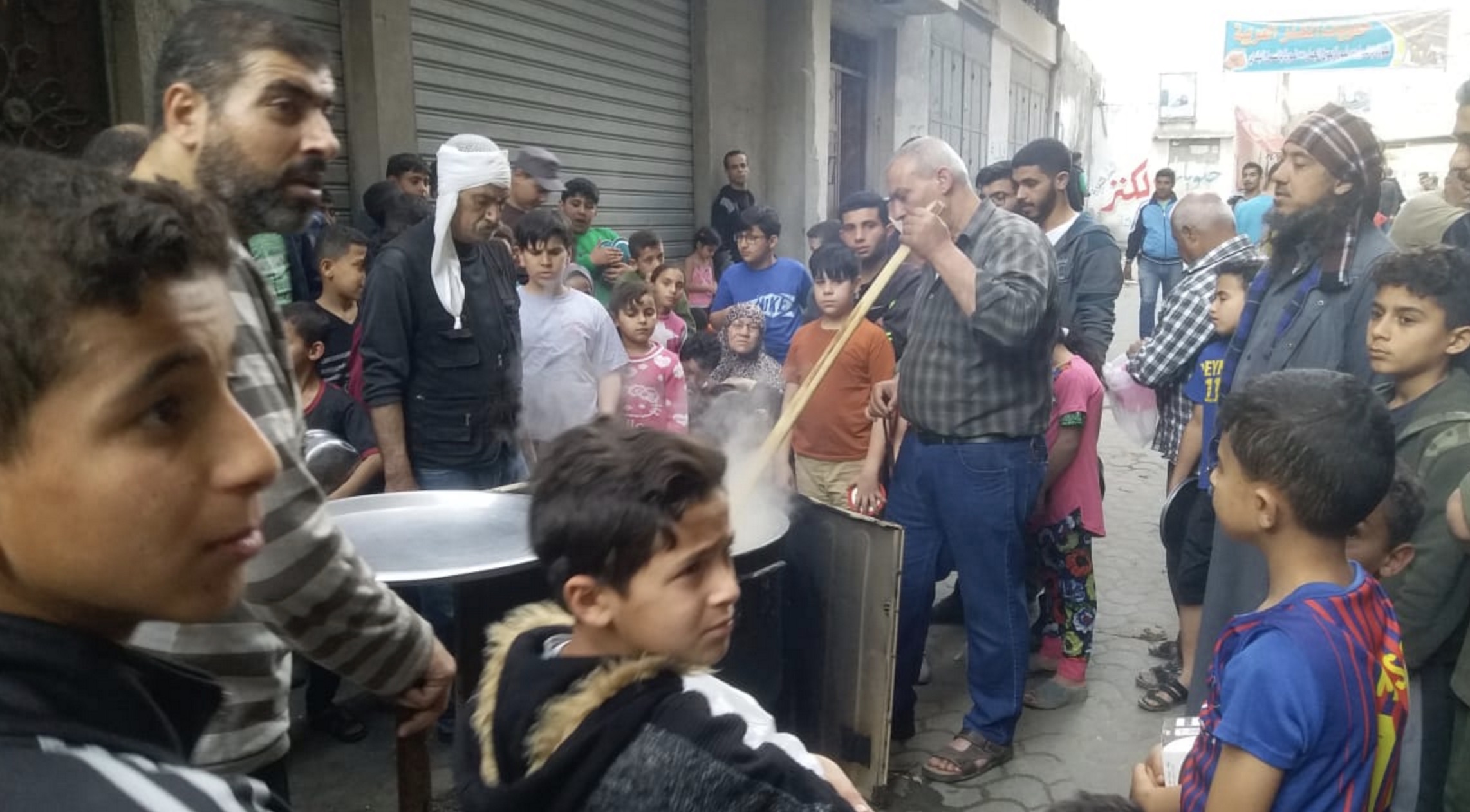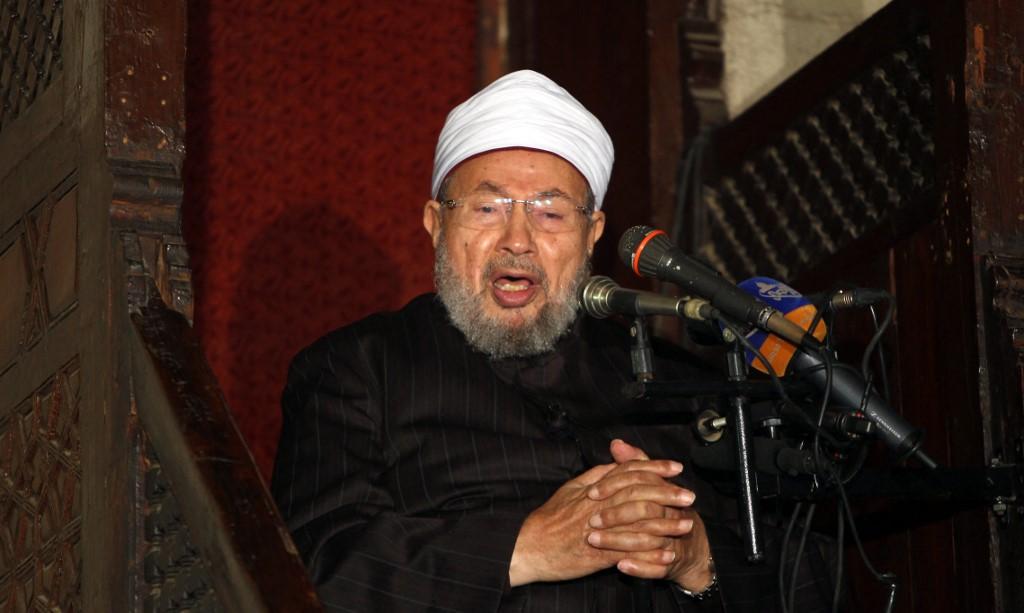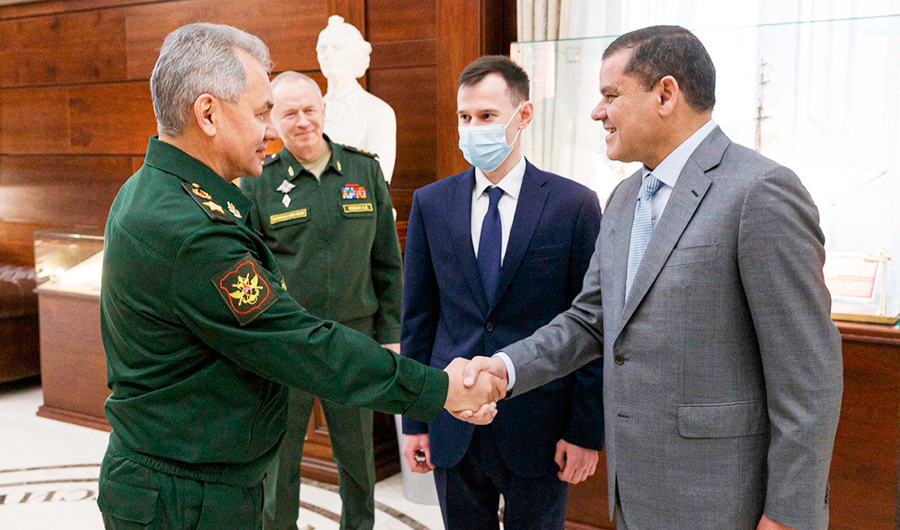Gaza man winning hearts by donating traditional food to the poor
GAZA CITY: Muhannad Al-Heiqi was unaware of jarisha before tasting it last Ramadan after receiving a plate from his neighbor Walid Al-Hattab, who cooks it voluntarily for the people of the Shejaiya neighborhood in Gaza.
But after discovering the “comfortable” taste of the dish, Al-Heiqi is ensuring that jarisha is present at the iftar table during this year’s Ramadan.
Jarisha is made from roasted crushed wheat with added salt and spices. It is placed in a bowl over low heat and stirred well until it reaches a firm consistency. It is usually served with lamb cooked with yogurt.
Younger generations in Gaza have never encountered the traditional Palestinian food that was popular before the Nakba.
But some Palestinian families in Jerusalem and West Bank are leading a revival, and now prepare it for Ramadan and wedding celebrations.
Al-Heiqi, 36, said that his 67-year-old father was “very happy” when presented with a dish of jarisha. He told Al-Heiqi that he had not tasted it for 30 years.
When Al-Hattab, 59, first cooked jarisha and distributed it to the poor during the month of Ramadan in 2018, he did not expect to receive great approval and demand.
Now in his fourth year of cooking the dish for Ramadan, Al-Hattab said: “The story began with me by chance and without planning, but today I am happy that I am a source of happiness for many, and I will maintain this habit every Ramadan for the rest of my life.”
Discussing his first time making the traditional food, he said: “It was a small quantity, not exceeding 3 kilograms of wheat. I did not know how to distribute it or whether it would satisfy people. However, I was surprised by a great turnout upon its completion, and it was sufficient at that time to feed 10 families.”
In Ramadan the following year, Al-Hattab came more prepared, filling a large container with enough jarisha to feed 100 families. The year after that, he fed 220 families. He also delivers meals sufficient for iftar and suhoor to 100 people in elderly households, and bears all the costs.
Words of praise and approval have motivated Al-Hattab to develop his charitable idea.
“I felt overjoyed when Al-Heiqi told me that his father was happy and that he had been longing to taste jarisha for a long time, but that his family could not make it,” he said.
Because it is “a dish from the time of the grandfathers,” Al-Hattab said that he is keen to encourage a revival and bequeath knowledge of the dish to his sons and daughters. He described jarisha as a nutritious and comfortable meal that is beneficial for people fasting during Ramadan.
Al-Hattab has three children who share the task of cooking jarisha and distributing it to poor residents in the neighborhood. They work daily from afternoon until iftar.
Due to high rates of poverty and unemployment, many initiatives have sprung up to encourage charitable acts in the past few years, with the most popular being preparation of traditional varieties of Palestinian food for donation.




Israel strikes Gaza after rocket attackRamadan lanterns trade in Gaza: Source of strength for family of five



